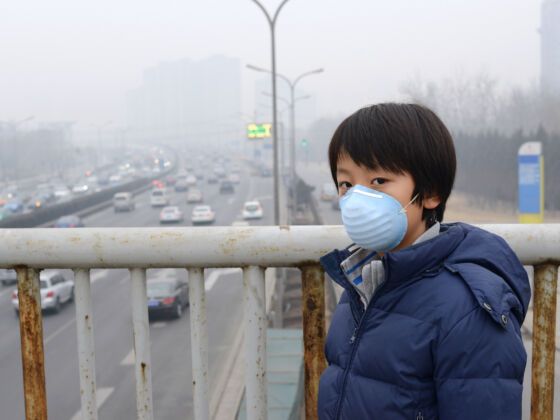That’s the equation posed and the question asked by George Monbiot on his environmental blog at the Guardian.
We rich countries export our production to poorer countries, whose governments are typically eager to accept our companies and our contracts so they can improve employment, wages, and their own access to goods. In return, we get our products at a cheaper price.
